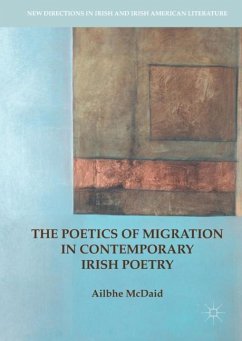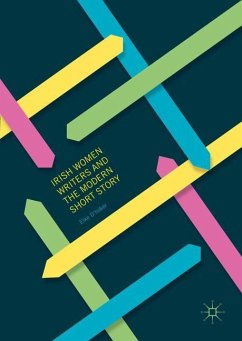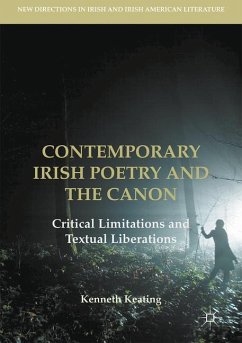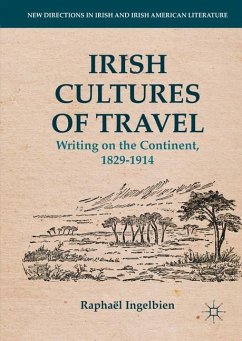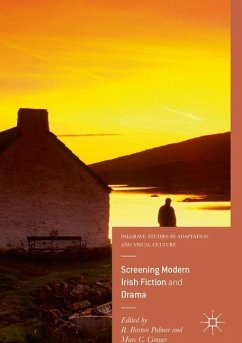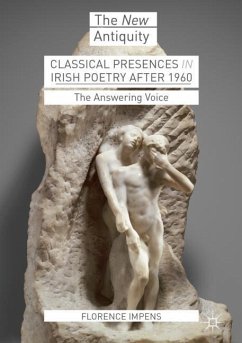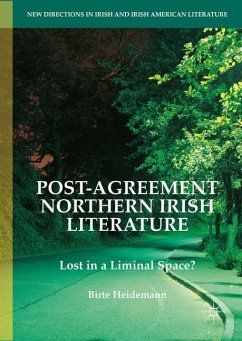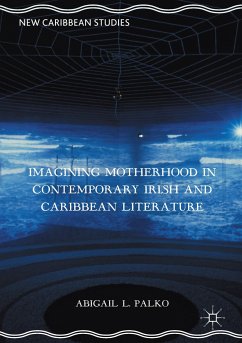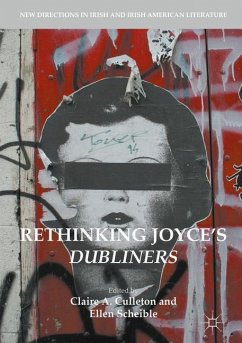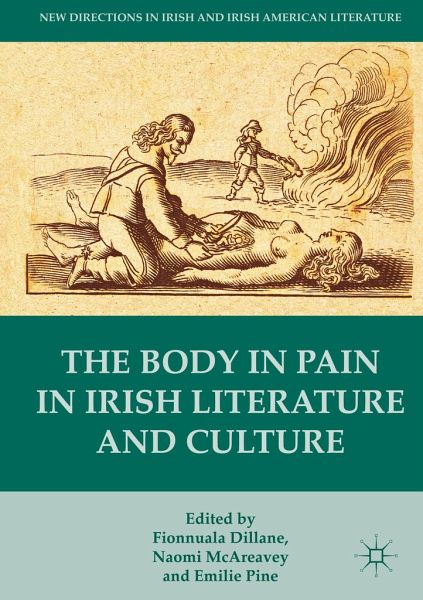
The Body in Pain in Irish Literature and Culture

PAYBACK Punkte
42 °P sammeln!
This book elucidates the ways the pained and suffering body has been registered and mobilized in specifically Irish contexts across more than four hundred years of literature and culture. There is no singular approach to what pain means: the material addressed in this collection covers diverse cultural forms, from reports of battles and executions to stage and screen representations of sexual violence, produced in response to different historical circumstances in terms that confirm our understanding of how pain - whether endured or inflicted, witnessed or remediated - is culturally coded.Pain ...
This book elucidates the ways the pained and suffering body has been registered and mobilized in specifically Irish contexts across more than four hundred years of literature and culture. There is no singular approach to what pain means: the material addressed in this collection covers diverse cultural forms, from reports of battles and executions to stage and screen representations of sexual violence, produced in response to different historical circumstances in terms that confirm our understanding of how pain - whether endured or inflicted, witnessed or remediated - is culturally coded.
Pain is as open to ongoing redefinition as the Ireland that features in all of the essays gathered here. This collection offers new paradigms for understanding Ireland's literary and cultural history.
Pain is as open to ongoing redefinition as the Ireland that features in all of the essays gathered here. This collection offers new paradigms for understanding Ireland's literary and cultural history.





